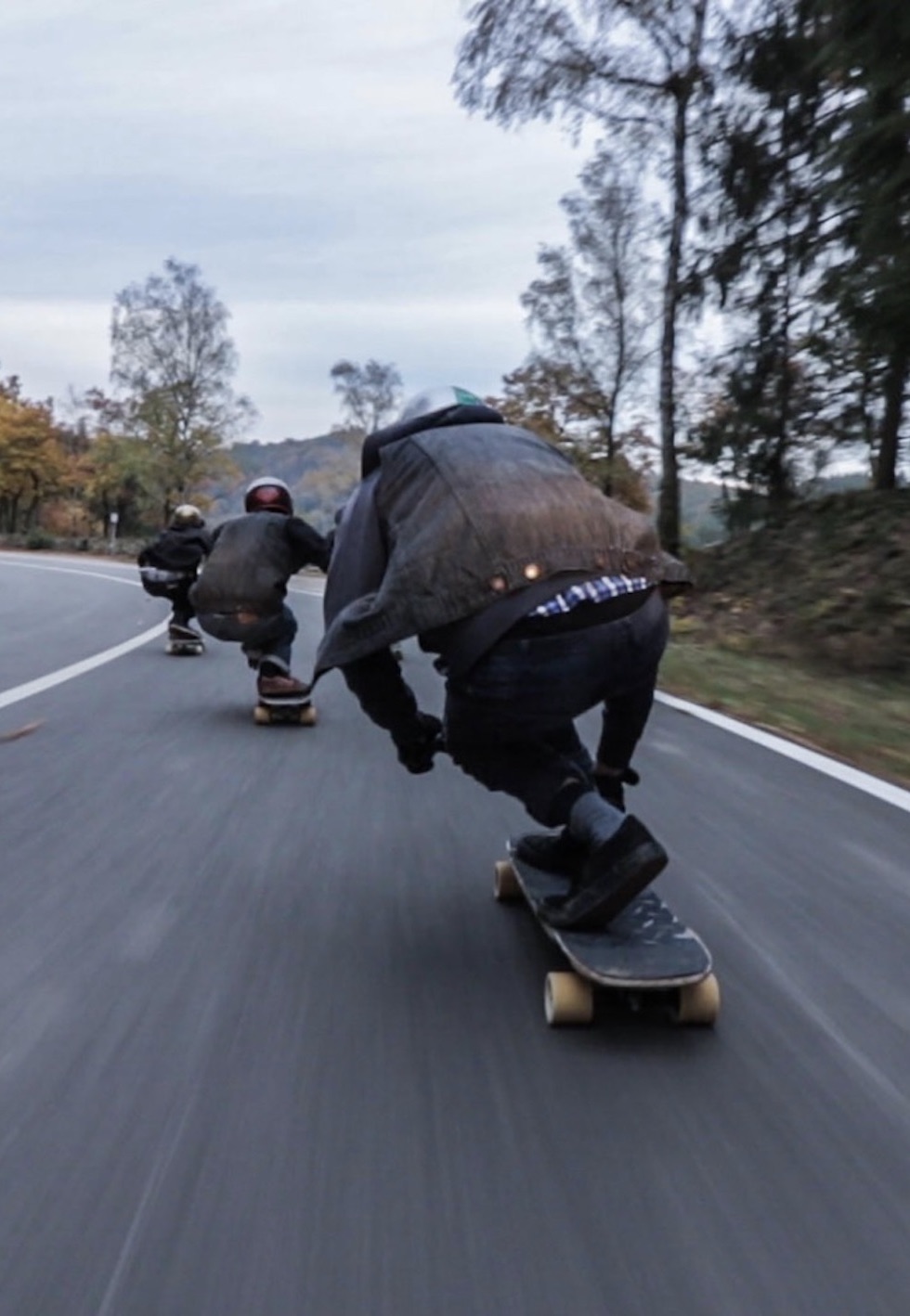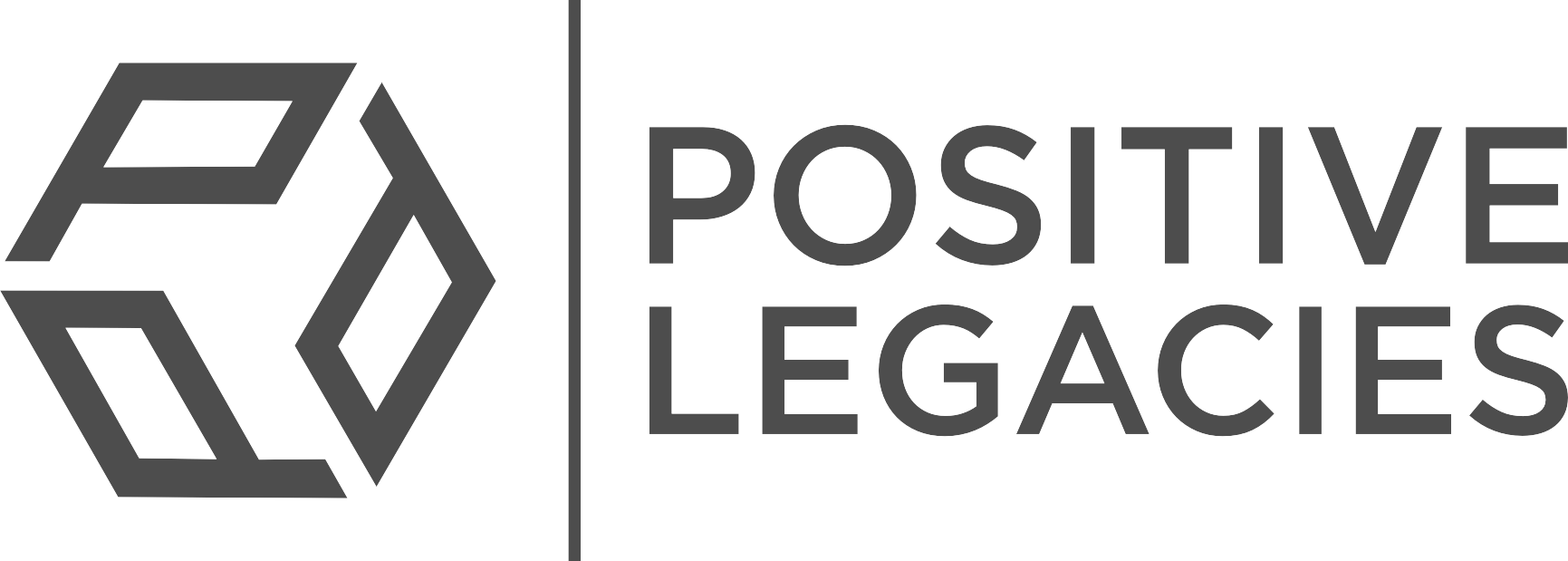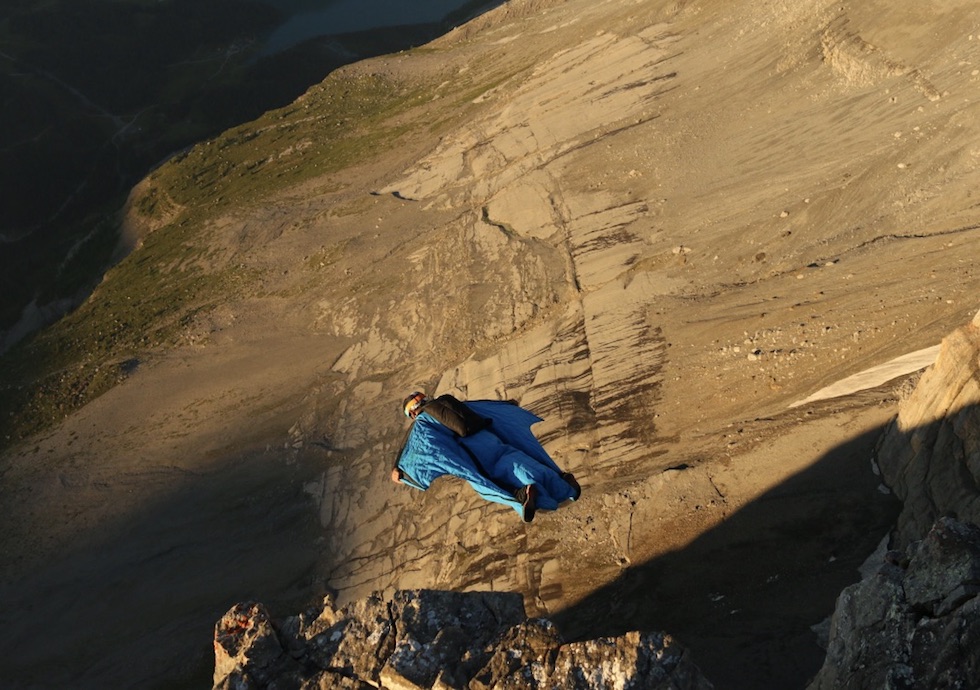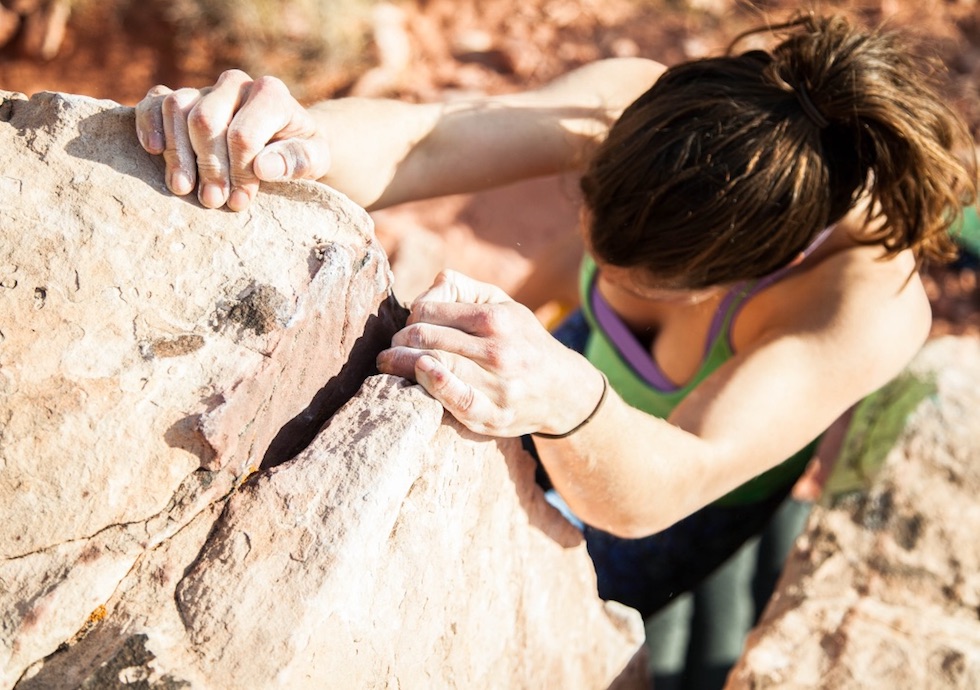
Practice
Grit is synonymous with persistence, determination, tenacity, etc. so it probably comes as no surprise that gritty individuals spend a significant amount of time practicing. More importantly, though, research has shown that superior performance is linked to deliberate practice. So, it’s not just a case of endless hours of practice—the approach plays a significant role.
Deliberate Practice
In their book Peak: How All of Us Can Achieve Extraordinary Things, Anders Ericsson and Robert Pool suggest that those who excel in their chosen discipline are without a doubt gifted, but not in the way we often think.
In fact, most experts have risen to the top of their field through hard work, rather than good genes (although genetics can be an advantage in some disciplines—like being tall or having a long arm span).
Research suggests that we are all born with the ability to do just about anything. Our brains have an incredible capacity to adapt and grow. What path we end up on is more about the opportunity, support and drive to pursue our passions than our genetic makeup.
How do experts practice?
Experts start by developing very specific goals that stretch their capabilities and address weaknesses. Then, they practice relentlessly, using feedback loops and reflection to enable continuous improvement.
This kind of deliberate practice focuses on quality rather than quantity. You up your concentration and create daily habits so that you can practice consistently every day—same time, same place, same duration.



Peak performers will often describe what they do as effortless, especially extreme athletes. They just get in the zone and go for it. Mihaly Csikszentmihalyi describes this subjective experience as being in a state of flow.
When we’re in flow our brainwave function changes shutting down our inner critic. Our brain also releases feel good, performance enhancing chemicals (endorphins, norepinephrine, dopamine, anandamide, and serotonin). This helps to explain why pushing the boundaries of human performance can be so addictive.
However, before peak performance is a lot of deliberate practice that may not be enjoyable. That’s not to say you won’t experience flow until you’re at the top of your game. There is now a growing body of research that suggests we can hack flow states using triggers like focus and awareness.
Gritty people believe things will improve because of the actions they’ve taken. This kind of hope is different from just having an expectation that things will improve. It requires taking personal responsibility for creating positive outcomes, rather than leaving it to luck, chance and magic. In other words, hope in the context of grit requires having the will and the way.
People high in grit also take an optimistic rather than pessimistic approach to dealing with setbacks and challenges. They see these situations as temporary and fixable rather than permanent and unchangeable.
And, if you’re optimistic you are also more likely to have a growth rather than a fixed mindset. With a growth mindset, we believe our capacity to learn and solve problems is not fixed and can be developed with effort. Fortunately, mindsets can be changed. We can choose to think differently about talent and our capacity to grow.

Being hopeful requires practice.
You won’t always get it right. Recognising and overcoming unhelpful thinking patterns can be hard. We are wired for negatively as I discussed in an earlier blog post entitled “battling your inner demons”.
To cultivate hope we need to learn and grow from each experience. We also need to be compassionate to ourselves and others because good things take time. Finally, a small change in language can make a big difference. Try asking yourself questions like:
1. What worked well this time?
2. What can I do differently next time to make things even better?



